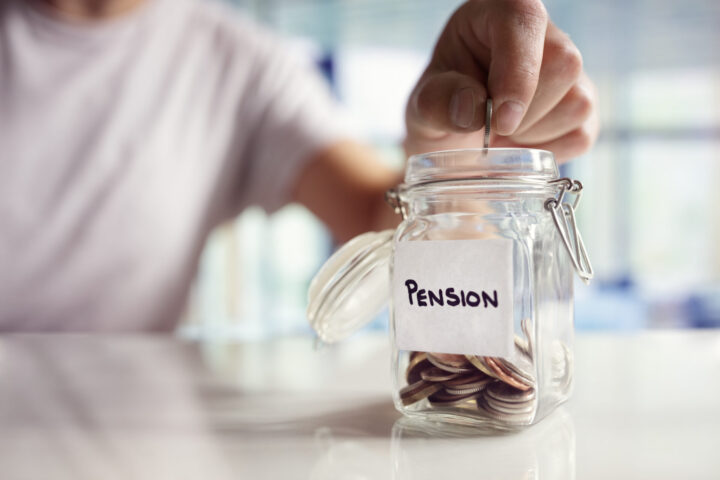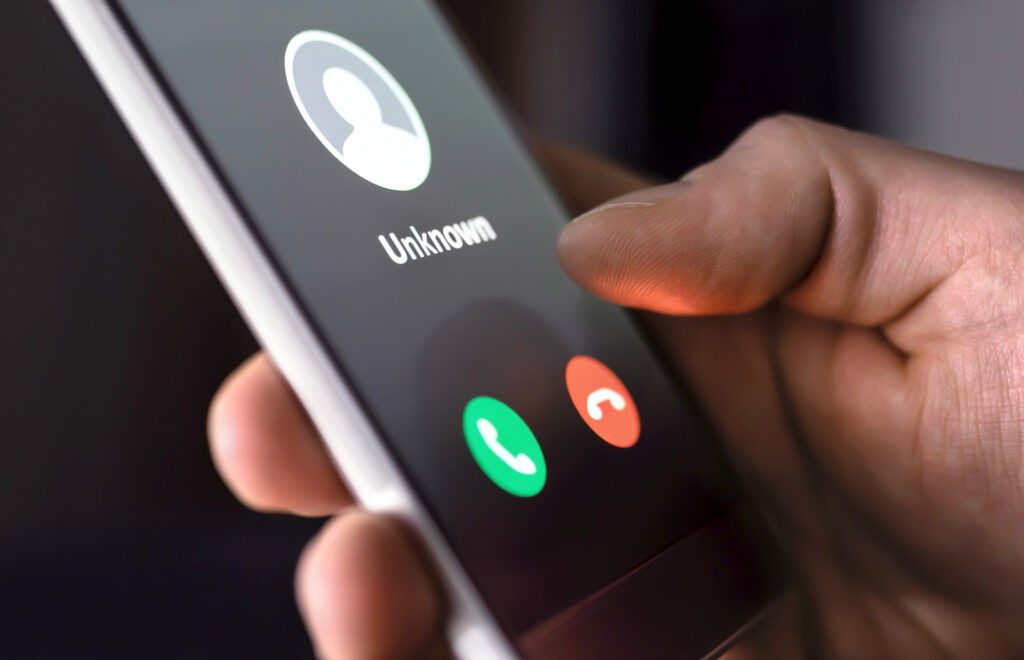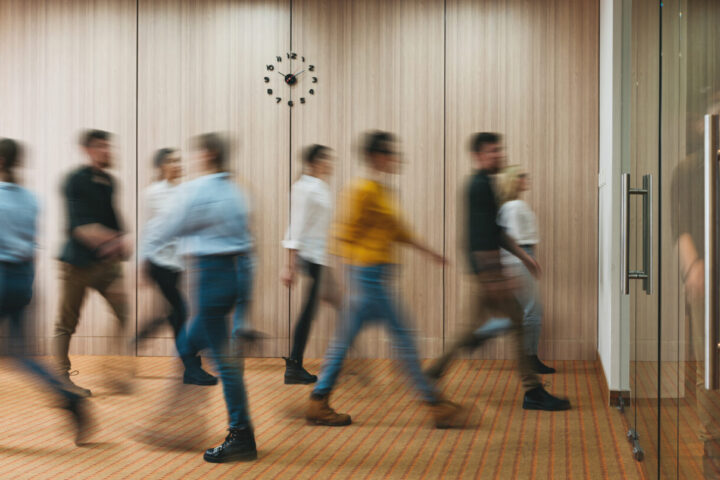Fake news can damage consumer perceptions of a company, even when they know the information is false, according to research by emlyon Business School, King’s Business School, HEC Lausanne and SRI Management Consulting.
Researchers found that while fake news doesn’t directly alter personal perceptions, it changes how people think others view a company’s reputation.
The study was conducted by Marta Pizzetti, associate professor of Marketing at emlyon Business School, alongside Patrick Haack (HEC Lausanne), Michael Etter (King’s Business School), and Simone Mariconda (SRI Management Consulting).
The research explored how fake news impacted corporate reputations through three experimental studies involving nearly 800 participants.
In the first study, researchers measured how perceptions about a company changed after the exposure to a fake news.
In the second study, a similar approach was used, but participants were also asked about their likelihood of purchasing the company’s products.
The final study introduced fake news followed by group discussions, enabling researchers to observe how participant’s perceptions and behaviour are affected by collective opinions.
According to the findings, people believed fake news ould impact others more than themselves, but often aligned their own opinions with what they think others believe.
As a result, even when people recognise news as fake, it can still shape their judgments and behaviours.
Professor Pizzetti said: “In today’s digital age, the growing volume and sophistication of fake news pose a significant threat to trust, organisations, and society.
“Studies show 38% of U.S. social media users have inadvertently shared fake news.
“Fabricated CEO statements, false media reports, and misleading social media posts can trigger panic and damage company operations, and our research highlights how incredibly difficult this is to combat.”















